
The Conference on Parsimony and Learning (CPAL) is an annual research conference focused on addressing the parsimonious, low dimensional structures that prevail in machine learning, signal processing, optimization, and beyond. We are interested in theories, algorithms, applications, hardware and systems, as well as scientific foundations for learning with parsimony.
Call for Papers
We are pleased to announce the Third Conference on Parsimony and Learning, to be held in Tübingen, Germany!
Paper submissions for the third Conference on Parsimony and Learning are now open! Please see the call for papers for details about the submission and reviewing process, as well as subject areas of interest and general policies.
Submit Your Work on OpenReview
Call for Tutorials
CPAL 2026 invites proposals for in-person tutorials on advancing our understanding of intelligence through the lens of parsimonious learning and its various facets. We welcome tutorials on theories of parsimonious learning, algorithms and implementations, applications in various domains, hardware and systems for efficient learning, and scientific foundations and connections to other fields.
Tutorial proposal deadline: December 10, 2025
Please see the call for tutorials for submission guidelines and details.
Rising Stars Award
The CPAL Rising Stars Award program highlights exceptional junior researchers at a critical inflection point in their career: last-year PhD students, postdoctoral scholars, first-year tenure track faculty, or industry researchers within two years of graduation. Selected awardees will receive a full registration waiver and participate in dedicated poster sessions, panels, and networking opportunities with senior researchers.
Application deadline: December 15, 2025
Please see the call for applications for eligibility criteria and application requirements.
Key Dates and Deadlines (Tentative)
All deadlines are 23:59 Anywhere-on-Earth (AOE)
- December 12, 2025: Conference paper submission deadline
- December 10, 2025: Tutorial proposal deadline
- December 15, 2025: “Rising Stars” application deadline
- January 5, 2026: Review deadline
- January 8–14, 2026: Paper rebuttal period
- January 14, 2026: Tutorial results announced
- January 15, 2026: “Recent Spotlight” article submission deadline
- January 20, 2026: Final paper decisions released
- March 23–26, 2026: Conference held in Tübingen, Germany
Keynote Speakers

Francis Bach
INRIA - École Normale Supérieure
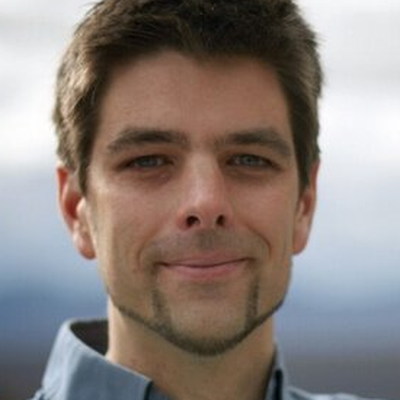
Matthias Bethge
University of Tübingen

Niao He
ETH Zurich
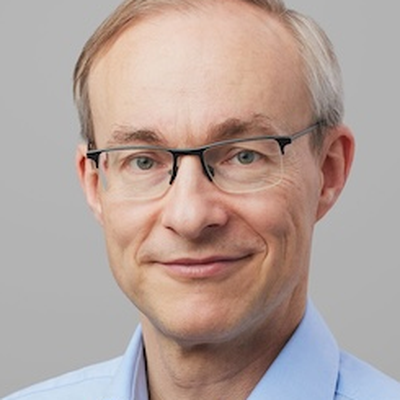
Andreas Krause
ETH Zurich
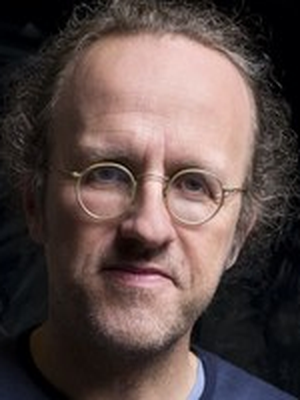
Bernhard Schölkopf
Max Planck Institute for Intelligent Systems / ELLIS Institute Tübingen

Taiji Suzuki
University of Tokyo / RIKEN AIP

Jared Tanner
University of Oxford
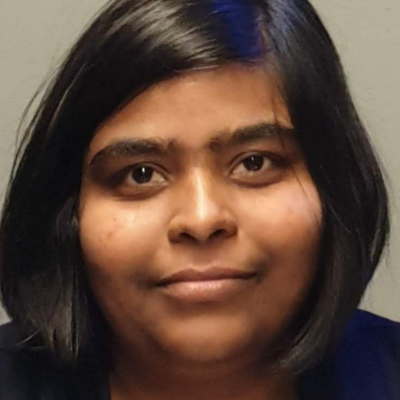
Leena Chennuru Vankadara
University College London
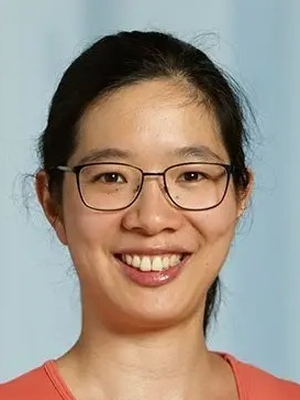
Fanny Yang
ETH Zurich
